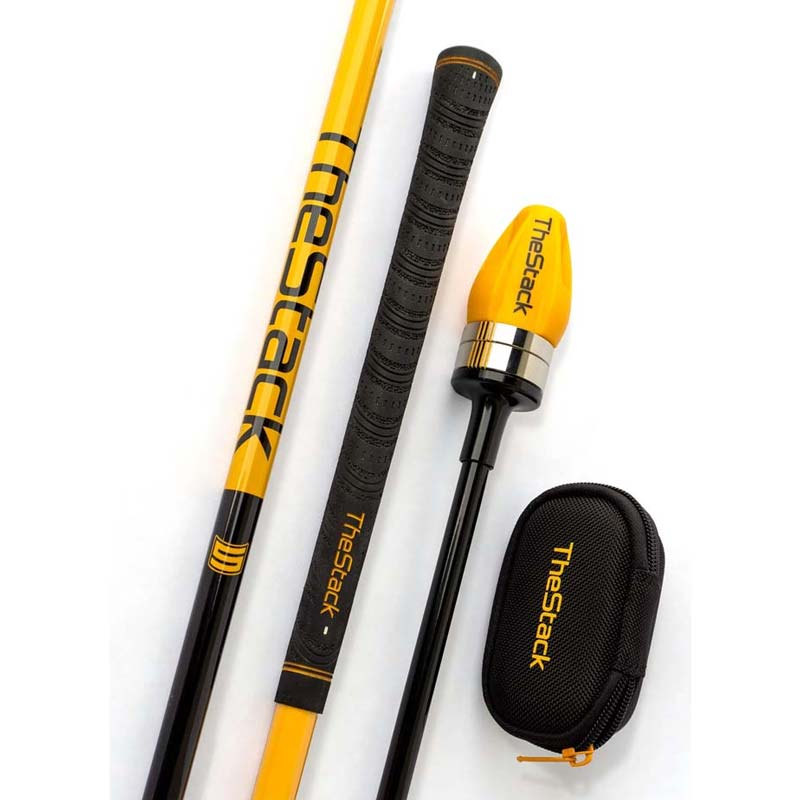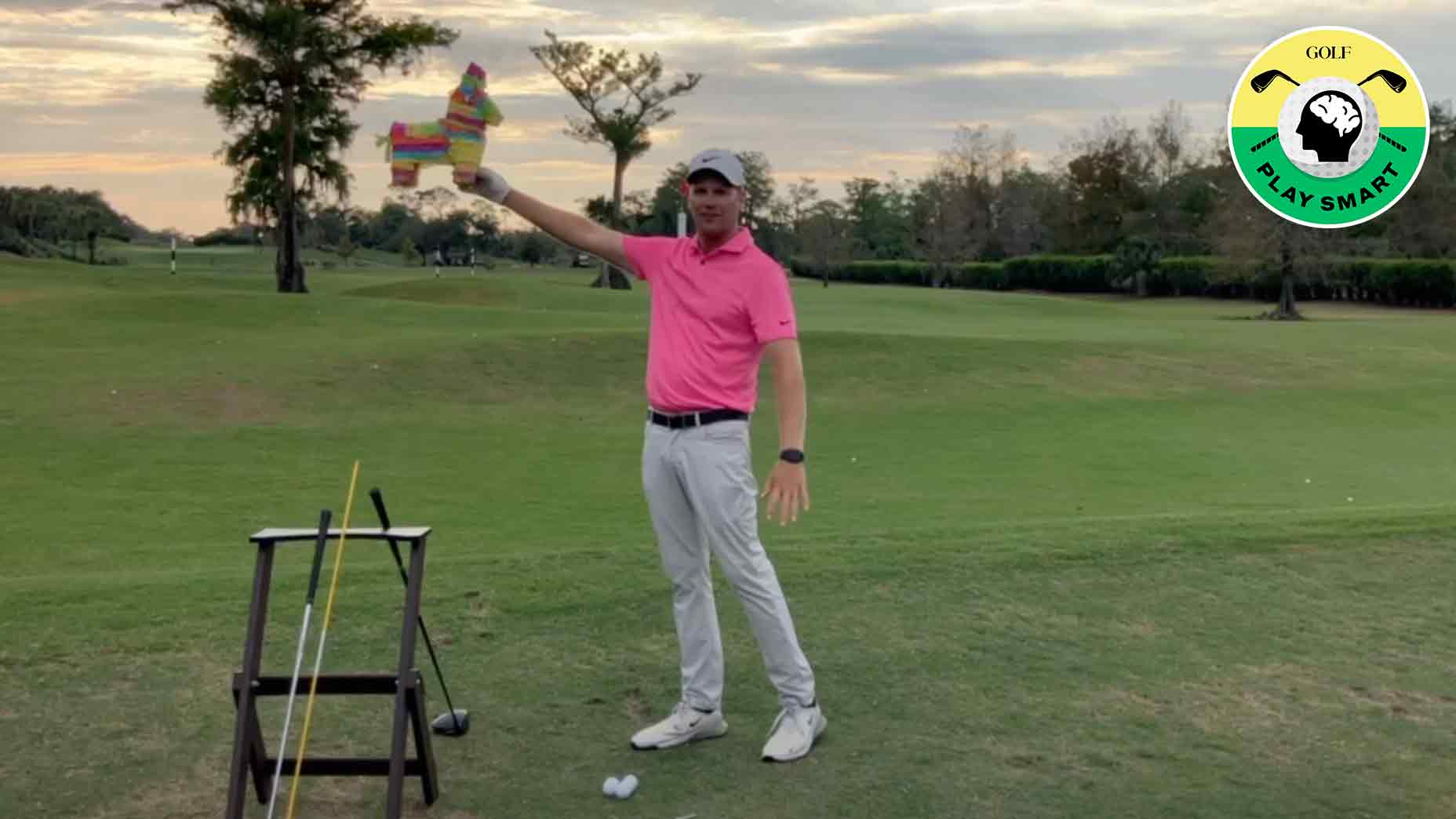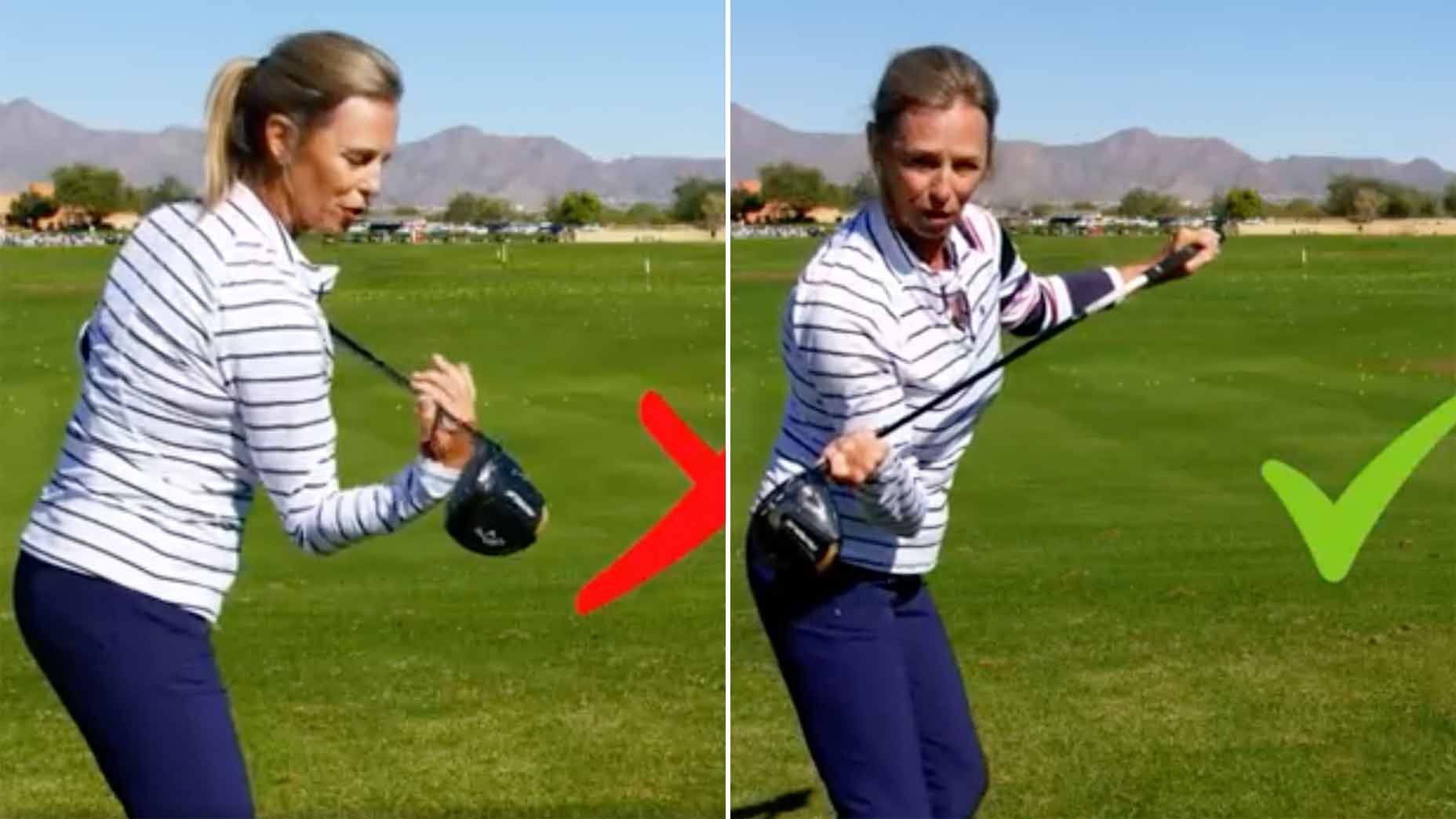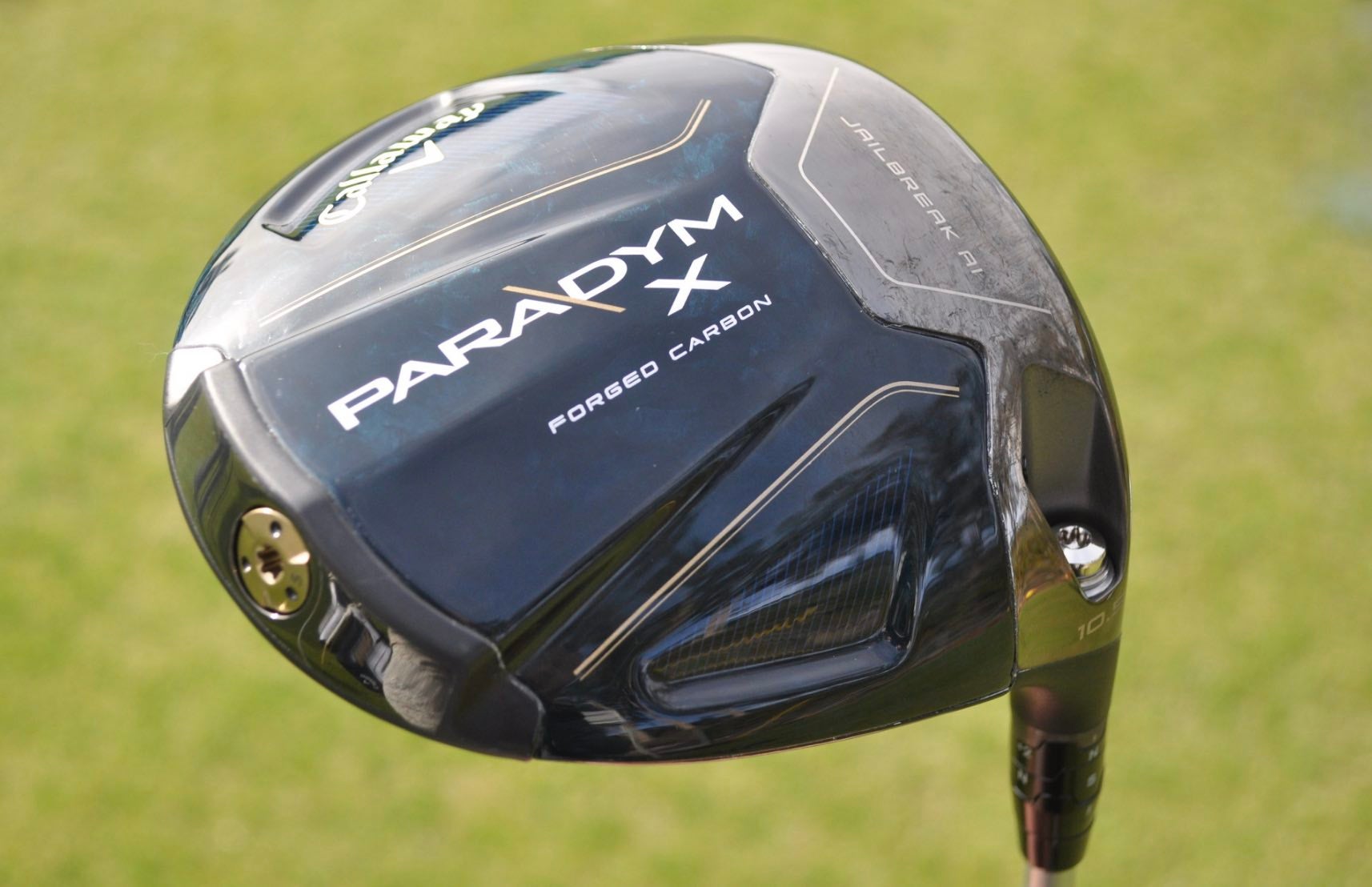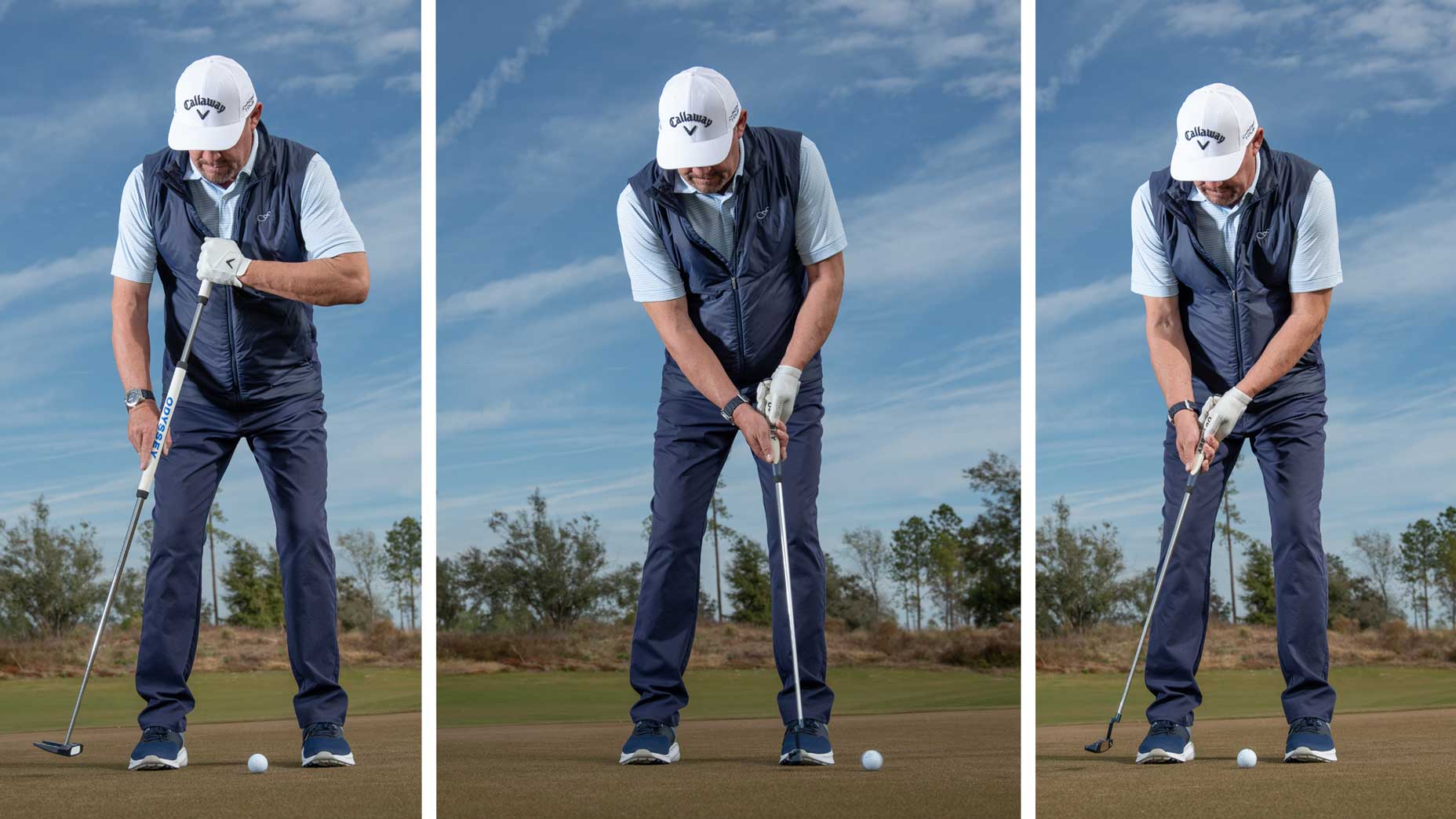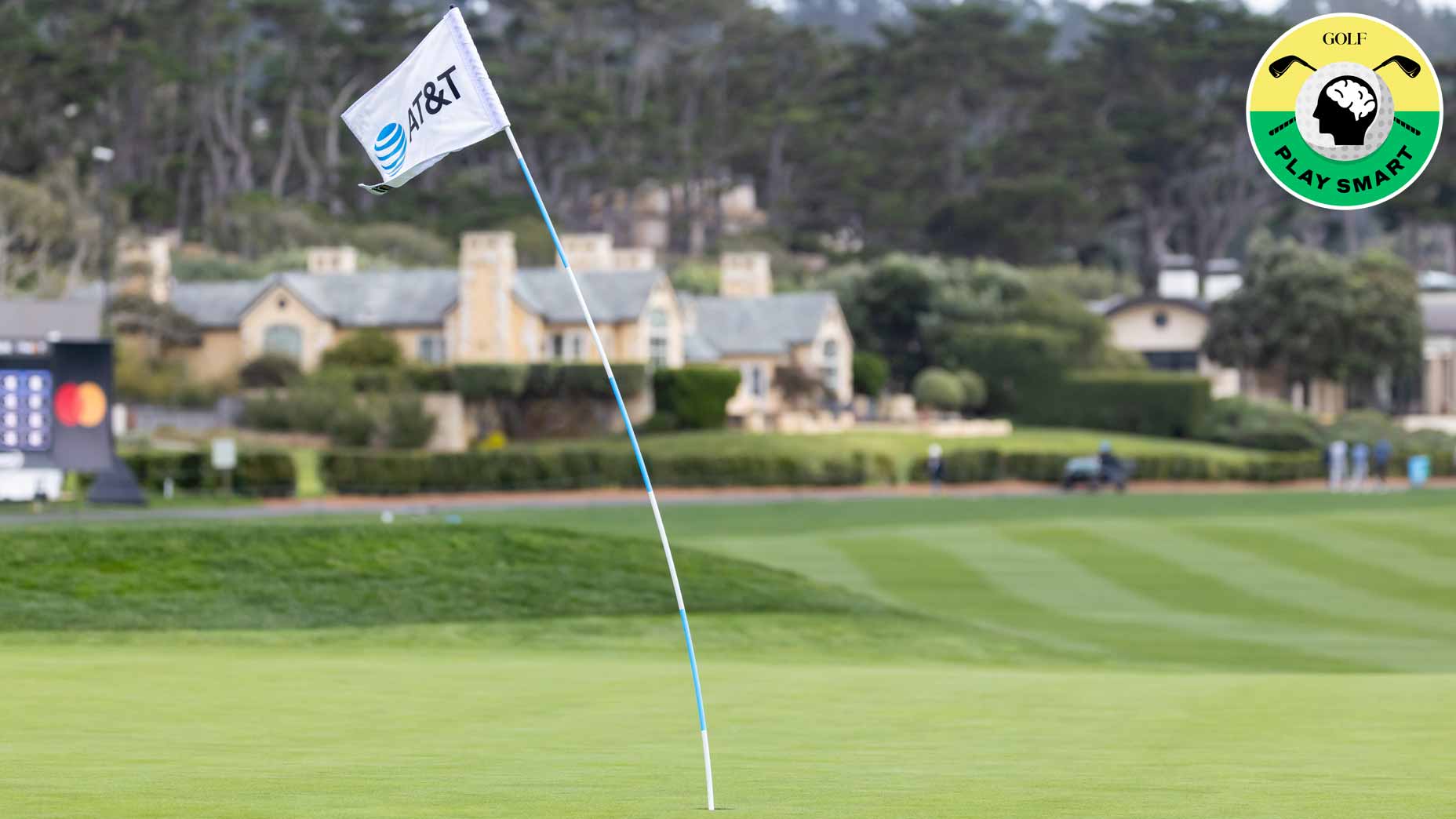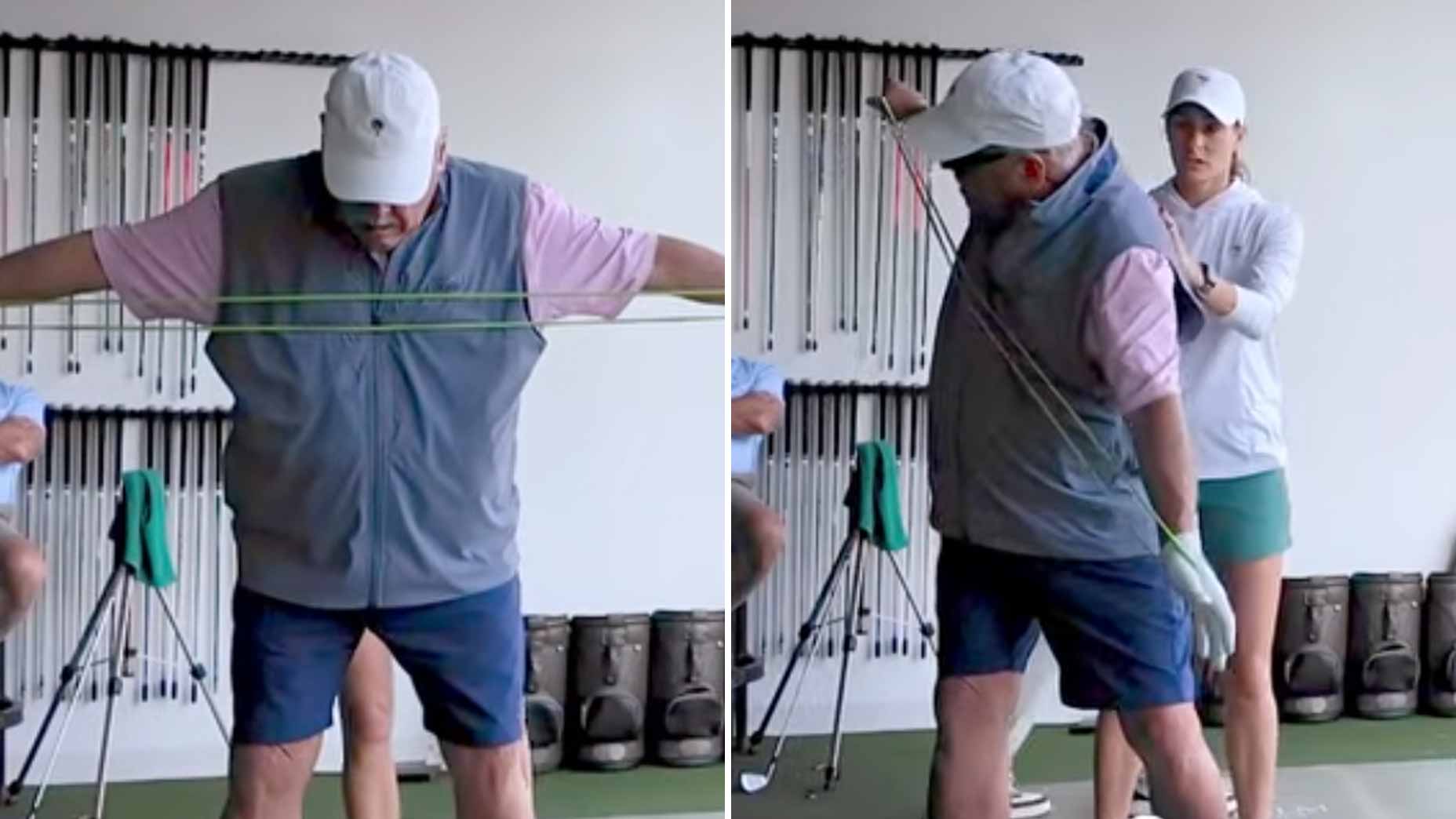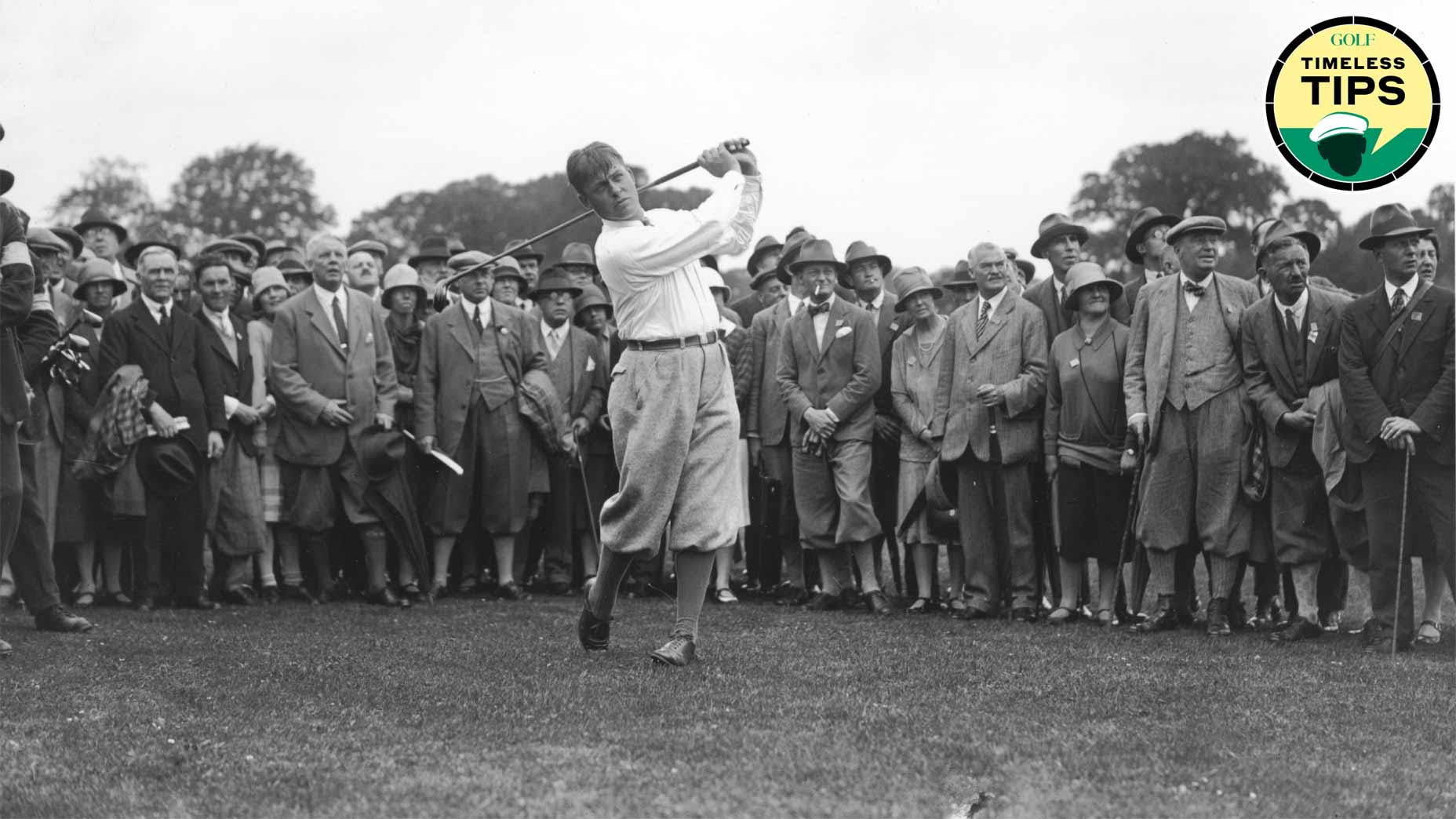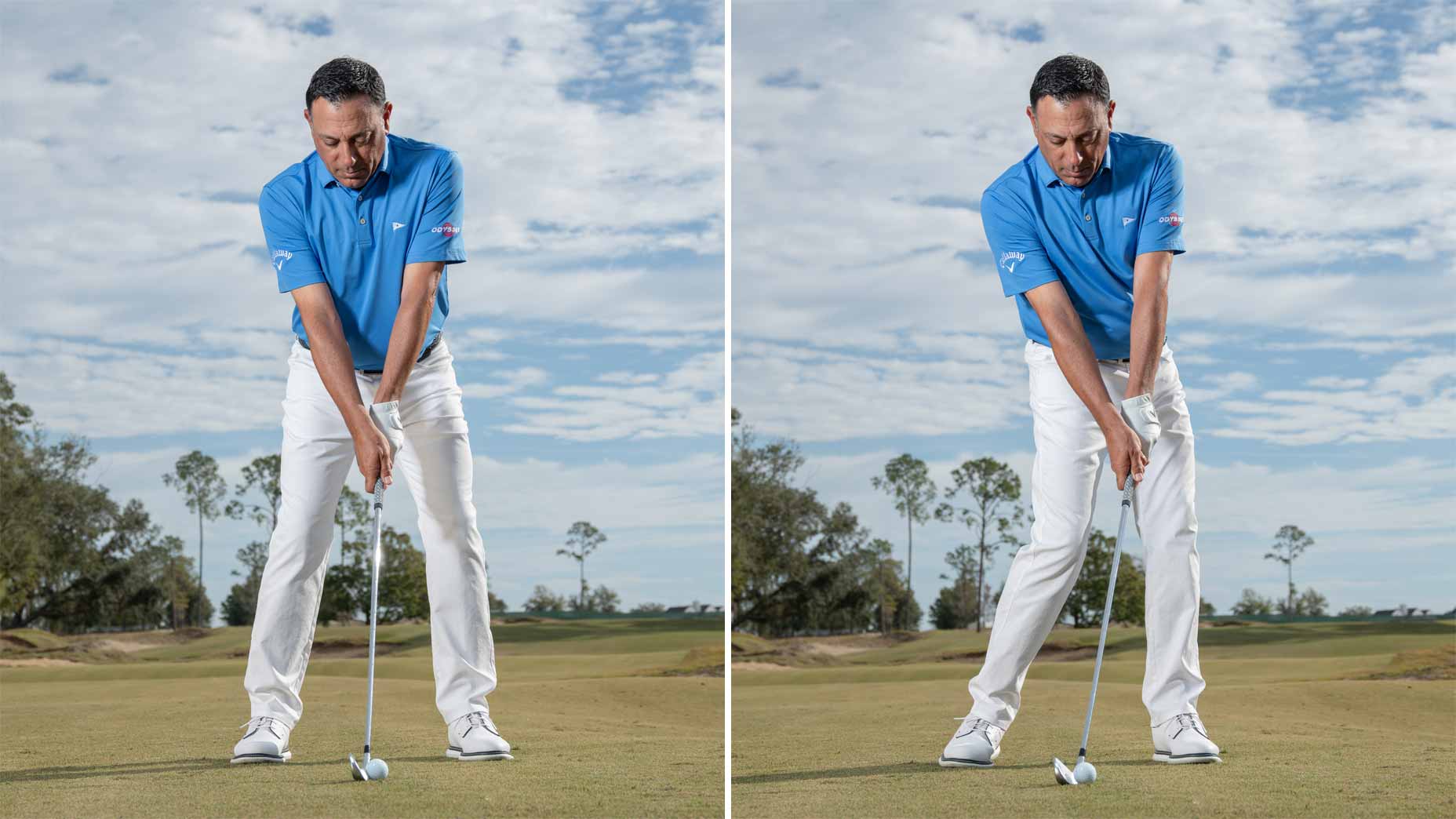Welcome to Play Smart, a regular GOLF.com game-improvement column that will help you play smarter, better golf.
Slicing the driver is, arguably, the most common problem for amateur golfers. Even after playing the game for over 25 years, I still have a natural slice off the tee, which, most of the time, ends up coming back to bite me when lining up for my second shot.
But mastering the driver takes a lot of work, so don’t let yourself get down if you’re still having issues each time you use it.
That said, there are plenty of different ways to work on fixing your slice.
How to stop slicing your driver by using side tiltBy: Nick Dimengo
From trying new grips to changing alignments, it’s important to get to the driving range to test things out. This will (hopefully) give you confidence before making your way to the golf course for your next round.
As you practice on the range, GOLF Top 100 Teacher Mark Durland has a fun suggestion to use that could help you stop slicing — and it aligns perfectly with Cinco de Mayo!
In today’s Play Smart, Durland explains why slicing happens, how to identify the problem, and, finally, how visualizing a piñata can help players correct the issue. So take a look at the video below, and read up on some of Durland’s tips.
Stop slicing your driver with the help of a piñata
The first question we have to answer is a basic one: Why do golf balls slice?
In the video above, Durland starts by reviewing ball-flight laws. We know that the clubface is the most important variable for the starting direction of the golf ball, and that the club path determines the spin.
He explains this by using a ping-pong analogy.
If the ping-pong paddle moves left-to-right across the back of the ping-pong ball (as a lefty, as Durland is), the ball spins left; which represents a slice in golf terms. So it’s the outside-in/over-the-top club path that needs to be fixed in order to stop slicing with your driver.
This is where visualizing a piñata comes into play — which is a daily drill that Durland uses with his students to correct their club path.
5 drivers that’ll help you correct a slice | ClubTest 2023By: Jonathan Wall
Next time you’re at the driving range, Durland suggests visualizing a piñata in the air to the opposite side of your target line. Make a swing as if you’re trying to break open the piñata.
By doing this movement, it changes the geometry of the golf swing from outside-in to inside-out, which is a desirable club path for a high, majestic draw.
Circling back to the ball-flight laws, if we swing more inside-out and point the clubface towards that direction, the ball is going to follow.
To take care of the clubface component, work on hitting the piñata with the back of the clubhead. This helps square the clubface and project the ball to the proper direction.
Of course, Durland understands that bringing a piñata to the driving range isn’t very practical. But if you’re at the driving range with a practice partner, have them hold something up to help you feel an exaggerated inside-out club path. This can be your hand (moving it before a player hits), or either the end of a club or an alignment stick. Just something that will provide a target to swing at.
By implementing this nifty piñata trick into your practice routine, you’ll stop slicing the driver and start hitting high draws in no time!
Shop great training aids on Fairway Jockey!
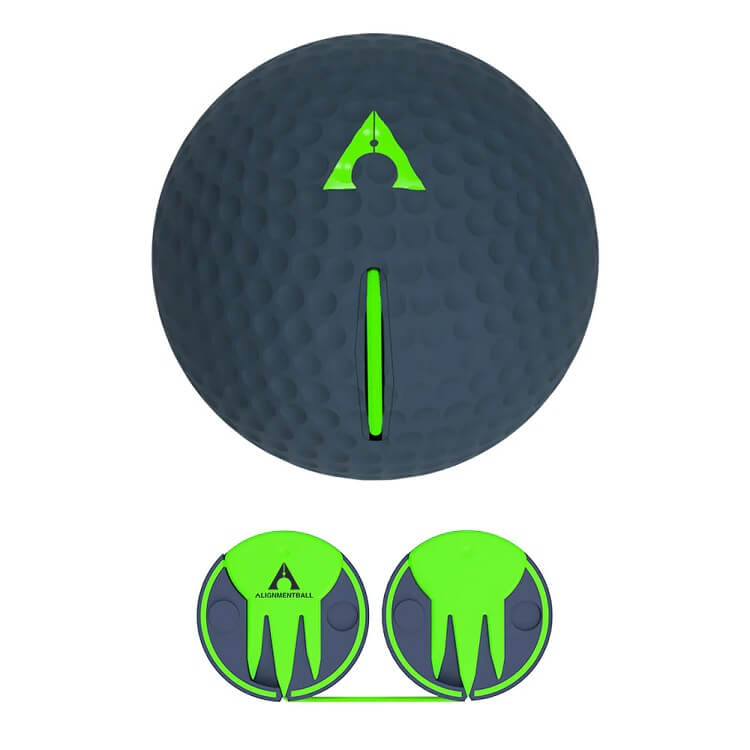
Alignment Ball

Hazy Sticks “Rise And Grind” – Golf Alignment Sticks
